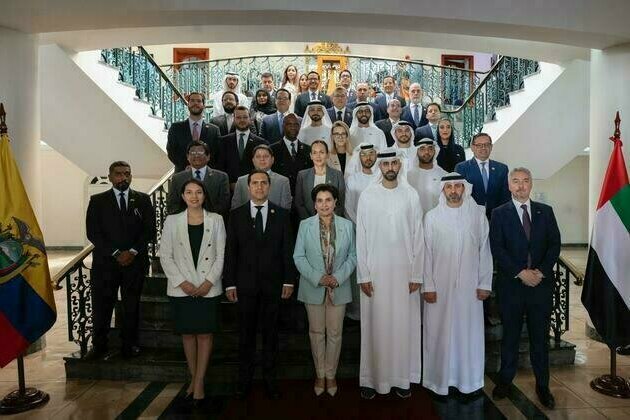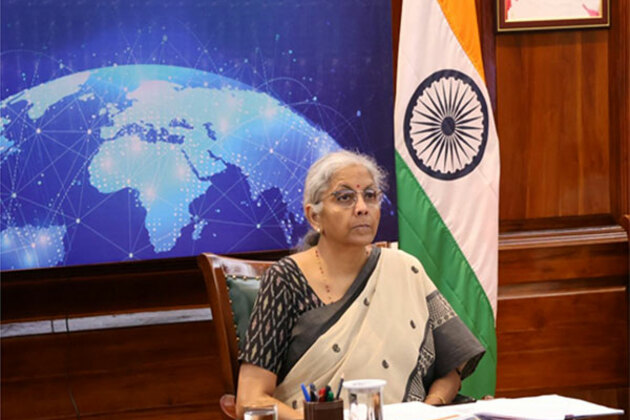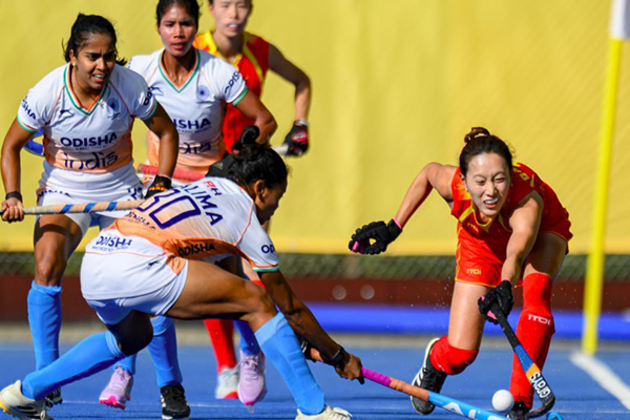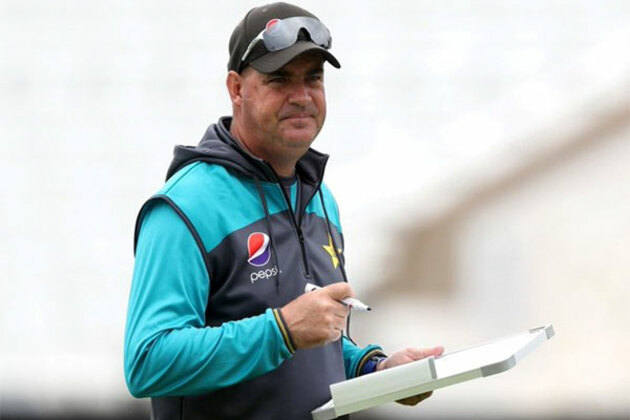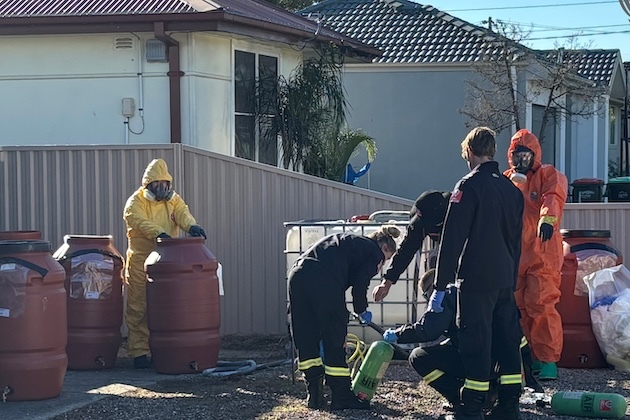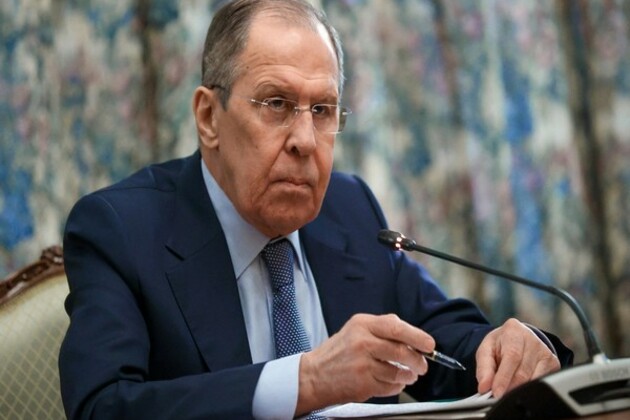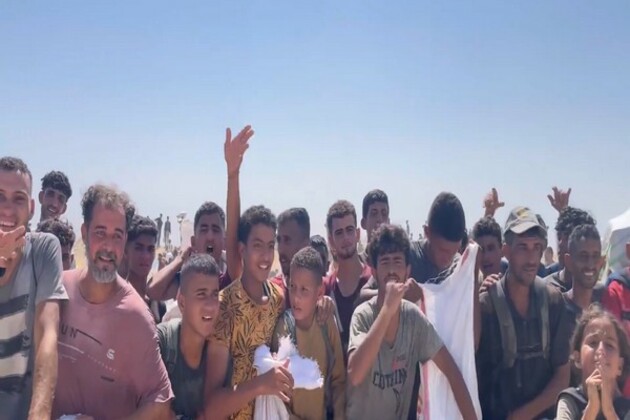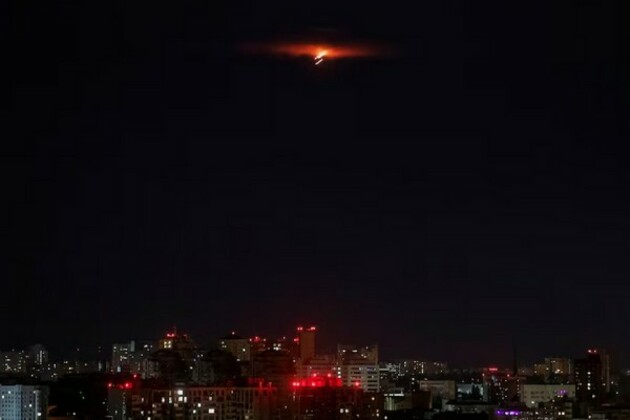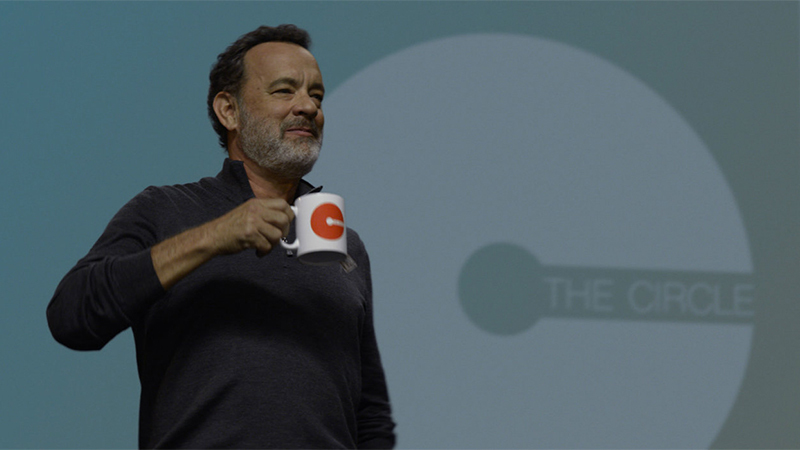Sebastiao Salgado: a photographer of great humanity
The Conversation
29 May 2025, 13:07 GMT+10
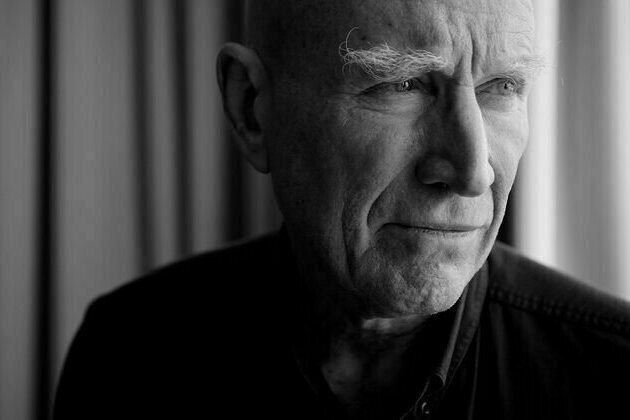
The world has lost one of its most compassionate and visionary visual storytellers. Sebastiao Salgado, the Brazilian-born photographer whose haunting black-and-white images shaped global consciousness for decades, has died at the age of 81.
Salgado's work often provoked a powerful conflict of emotions. Perhaps more than any other documentary photographer, he produced technically flawless, mesmerising images of some of the world's harshest realities, from the gold mines of Brazil and famine in the Sahel, to the horror of the Rwandan genocide. His photographs were often shocking, yet stunningly beautiful. You couldn't look away - and that was the point.
Born in 1944 in Aimores, Brazil, Salgado initially trained as an economist. While working for the International Coffee Organization, he travelled across Africa and Latin America, witnessing economic disparity and social injustice. Initially borrowing his wife's camera, photography became his way to document what he saw, not as a distant observer, but as someone deeply affected by human suffering. He once said he took pictures "not only with my camera, but with my life - I cannot do it another way".
Looking for something good? Cut through the noise with a carefully curated selection of the latest releases, live events and exhibitions, straight to your inbox every fortnight, on Fridays. Sign up here.
His background in economics informed the focus of his work, particularly his concern with inequality, labour, and migration. In Workers (1993), a six-year study of manual labour around the world, he wrote, "The planet remains divided, the First World in a crisis of excess, the Third World in a crisis of need."
However, Salgado ensured that he highlighted both the hardship and the dignity of those engaged in physically demanding jobs. In doing so, he redefined documentary photography as a tool not only for exposure, but for elevation.
What set Salgado apart was his immersive approach. Rejecting the "parachute" style of photojournalism, he embedded himself in the communities he documented - sometimes for years - fostering deep empathy with his subjects. This emotional authenticity was at the heart of his iconic Serra Pelada series, which captured the intensity and desperation of labourers in Brazil's largest gold mine.
Standing at the edge of the mine, he later wrote that it felt like seeing "the history of mankind, the building of the pyramids, the Tower of Babel". And, crucially, he successfully conveyed that same emotion through his images.
At a time where colour documentary photography was increasingly favoured, Salgado always shot in black and white. This helped the viewer to focus on form, emotion and narrative, as well as emphasising the grim reality of the subject matter. However, documenting the world's suffering took its toll.
His time covering the Rwandan genocide in 1994 nearly broke him. He once described the effect of witnessing 10,000 people die from cholera in a single day in a refugee camp in Goma, Democratic Republic of Congo. Like other photojournalists who have endured such trauma - Don McCullin and Kevin Carter among them - Salgado carried a deep psychological burden. He nearly gave up photography altogether.
Instead, Salgado found solace in nature. His project Genesis (2013) celebrated the planet's untouched regions, landscapes, traditional communities and endangered wildlife. While it marked a shift from his earlier focus, it was still deeply humanist in spirit. The work served as both a tribute to the Earth's beauty and a reminder of what remains to be protected.
His environmental commitment extended beyond the camera. With his wife and creative partner, Lelia Wanick Salgado, he founded Instituto Terra, a reforestation initiative on land once owned by his family. Together, they restored a devastated patch of Brazil's Atlantic forest. It was an act of reciprocity: having documented environmental destruction, he dedicated himself to repairing it.
Salgado's work was not without controversy, contributing to ongoing ethical debates about the power imbalance between photographers and their subjects. While some may have felt a sense of empowerment from having their struggles recognised, others uneasy about being displayed to a global audience. Without them having a voice, we will never truly know - which further contributes to the sense of a power imbalance.
Others accused Salgado of aestheticising suffering. In a 1991 piece in The New Yorker, Ingrid Sischy argued that the powerful beauty of his images risked turning tragedy into spectacle. Salgado countered: "Art critics have criticised me, but I am not an artist. I published these pictures in magazines, to make a debate."
And make a debate he did. His 2000 exhibition and book Exodus, a chronicle of global migration and displacement, challenged viewers to reckon with the human cost of political and economic upheaval. "Globalisation is presented to us as a reality, but not as a solution," he wrote. "We have to create a new regimen of coexistence."
In his later years, Salgado championed the role of photography in education and social change. He became the subject of The Salt of the Earth (2014), an Oscar-nominated documentary co-directed by Wim Wenders, and his son, Juliano Ribeiro Salgado. The film offered a moving portrait of a man who saw his photography not just as art, but as testimony and witness.
Despite international acclaim, Salgado remained grounded. He consistently shifted attention away from himself and toward those he photographed. "I hope that the person looking at my photographs will see more than just a picture," he once said. "They will see the story. They will feel the life."
Sebastiao Salgado's death is a great loss, but his images remain. In a world flooded with visuals, he showed us that photography could still be a force for understanding, connection and change.
 Share
Share
 Tweet
Tweet
 Share
Share
 Flip
Flip
 Email
Email
Watch latest videos
Subscribe and Follow
Get a daily dose of Chile Sun news through our daily email, its complimentary and keeps you fully up to date with world and business news as well.
News RELEASES
Publish news of your business, community or sports group, personnel appointments, major event and more by submitting a news release to Chile Sun.
More InformationSouth America
SectionPresident of Ecuador meets Envoy of UAE's Minister of Foreign Affairs
UAE and Ecuador governments explore ways to promote joint partnership and constructive cooperation Omar Sultan Al Olama: Under...
FM Nirmala Sitharaman embarks on official visit to Spain, Portugal and Brazil from June 30 to July 5
New Delhi [India], June 30 (ANI): Union Minister for Finance & Corporate Affairs Nirmala Sitharaman will lead the Indian delegation...
(SP)U.S.-MIAMI-FOOTBALL-FIFA CLUB WORLD CUP-CR FLAMENGO VS BAYERN MUNICH
(250630) -- MIAMI, June 30, 2025 (Xinhua) -- Wesley (L) of CR Flamengo tackles during the round of 16 match between CR Flamengo of...
India women's hockey team suffers 2-3 defeat against China, gets relegated from FIH Hockey Pro League
Berlin [Germany], June 29 (ANI): The Indian women's hockey team ended their FIH Hockey Pro League 2024-25 campaign with a 2-3 loss...
Mickey Arthur set to oversee Rangpur Riders' GSL title defence remotely
Rangpur [Bangladesh], June 29 (ANI): Former Pakistan head coach Mickey Arthur will be in charge of Rangpur Riders' Global Super League...
Liam Payne's sisters react to late singer's final project 'Building the Band'
Washington [US], June 29 (ANI): The sisters of late singer Liam Payne, Ruth Gibbins and Nicola Payne, have shared heartfelt messages...
World
SectionWestern Sydney raid results in seizure of $25 Million in drugs
SYDNEY, NSW, Australia - , Australian Federal Police (AFP) have shut down a secret drug lab in Sydney's west and seized more than 100kg...
UAE condemns terrorist attack on military convoy in Pakistan
ABU DHABI, 30th June, 2025 (WAM) -- The UAE has condemned in the strongest terms the terrorist attack that targeted a military convoy...
"The West has never succeeded in this, and it will not succeed this time either": Lavrov on NATO-EU bid to strategically defeat Russia
Bishkek [Kyrgyzstan], June 30 (ANI): Western nations will not succeed in inflicting a 'strategic defeat' on Russia, Russian Foreign...
Palestinians chant "I love you Trump" as US-backed aid enters region
Washington, DC [US], June 30 (ANI): White House Press Secretary Karoline Leavitt on Sunday shared a video of Palestinians expressing...
Russia launches major strike on Ukraine's oil and industrial sites
Kyiv [Ukraine], June 30 (ANI): Russian forces launched a large-scale overnight strike on Ukrainian industrial infrastructure using...
Pak NGO reports two alleged state-backed Baloch deaths
Balochistan [Pakistan], June 30 (ANI): Paank, the Baloch National Movement's Human Rights Department, has reported the brutal killings...

